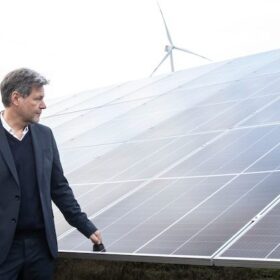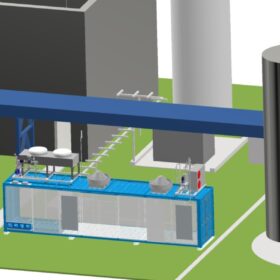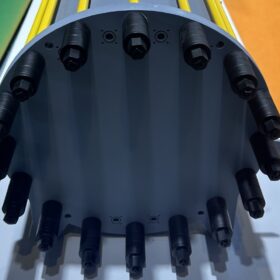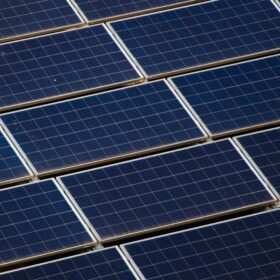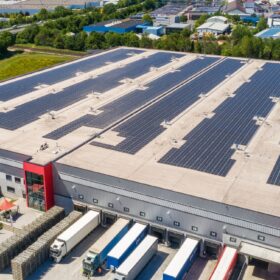The Hydrogen Stream: German government adopts import strategy to create investment security
A new hydrogen import strategy is expected to make Germany better prepared for increasing demand in the medium and long term. The Netherlands, meanwhile, saw its hydrogen market grow considerably across supply and demand between October and April.
Germany accelerates approval procedures for PV, wind power, storage
Acceleration areas and shortened approval procedures are intended to ensure faster expansion of wind and solar parks as well as energy storage at the same locations. The move implements requirements from the EU Renewable Energy Directive of 2023. Approvals will also be facilitated for electrolyzers to ramp up hydrogen production.
Fraunhofer IEG building new sector coupling test facility to increase electrolyzer, heat pump efficiencies
The city of Zittau has now granted the building permit for the test facility, which is to be constructed by the beginning of next year. The aim is to develop cost-effective electrolyzers for the production of green hydrogen, in which the by-products oxygen and heat can be optimally used.
Sale process begins for German microinverter maker Solarnative
Solarnative launched insolvency proceedings and started searching for new investors in June.
VoltStorage advances its iron-salt battery technology
German flow battery firm VoltStorage says its next stage of technology development will deliver 20-fold increase in performance.
The Hydrogen Stream: New way to make hydrogen, fertilizer from ammonia
German researchers have developed a new way to liberate hydrogen from ammonia, while a new MIT study shows the need for stringent emissions regulations on ammonia combustion for maritime mobility.
Israel’s N2OFF enters solar business
Agri-food tech specialist N2OFF says it has entered the PV business by lending €375,000 ($407,000) to Israeli PV developer Solterra Renewable Energy. The loan is part of a larger €500,000 agreement, with the remaining €125,000 to come from other parties.
Germany concludes rooftop PV tender with average price of €0.0894/kWh
The German authorities have reviewed 363 MW of bids to select 2559 MW of projects in the nation’s latest rooftop PV tender. The final prices ranged from €0.0795 ($0.0864)/kWh to €0.1019/kWh.
Germany’s solar market faces price wars, consolidation
A series of inquiries to residential PV installers has revealed a tough consolidation phase in Germany’s solar installation market. With an increasing number of installers offering solar arrays at very low prices, competition is intensifying as companies vie for fewer orders.
German startup offers self-adhesive film for glare-free PV modules
Germany-based Phytonics has developed a self-adhesive film with microstructures to reduce glare on PV modules. It is available in sheets and rolls for new and existing PV systems.
